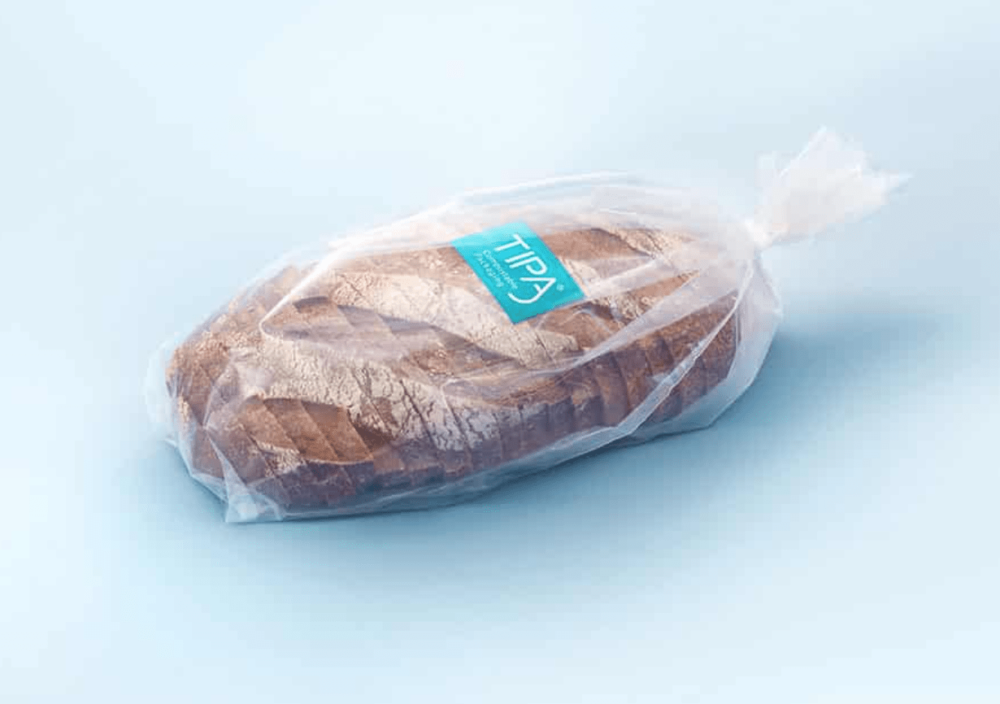TIPA, an Israeli startup that makes compostable packaging, has raised $4 million from Tel Aviv-listed investment vehicle Millennium Food-Tech through a SAFE instrument.
SAFE stands for ‘simple agreement for future equity’ and was created to make seed investments simpler. Basically, it gives the investor a warrant to purchase stock in a future priced round in a more streamlined way than convertible notes allow.
“We believe that the packaging market will undergo a complete transformation and switch from plastic packaging to biodegradable or recyclable packaging,” Chanan Schneider, Millennium Food-Tech CEO, said in a press release announcing the funding.
This brings TIPA’s total funding to $53 million. Eighteen months ago, it raised $27 million from Blue Horizon Ventures, the Triodos Investment Bank, and others. Some of its other backers include the media mogul Hearst family and GreenSoil Investments.
TIPA also closed a $25 million Series C round in late 2019 that had investors lining up out the door, according to co-founder and CEO Daphna Nissenbaum.
“We had huge demand to invest because we have proven that we have a technology that works. We have branches all over the world selling our products and we are in a growth stage,” she told AFN.
“I think investors see a company that grows, that says there’s a product that already works and solves a classic problem.”
Founded in 2010, the company operates in Israel, Europe, the US, and Australia. It describes its flexible, biomaterial-based packaging as a technological breakthrough, because the components disintegrate and decompose like organic waste when placed in home or industrial composting facilities.
At the same time, the packaging retains “the same mechanical and optical properties as most conventional plastics, serving both consumers and manufacturers” and allowing the latter to more easily integrate TIPA’s solutions into their existing operations.
“In the UK, only 4% of flexible packaging is actually recycled. It’s very hard to recycle it and there actually is no viable solution for the end of life for flexible packaging, which is why we focused on that market,” said Nissenbaum.
TIPA started selling its “advanced biomaterials” in 2017. Today, it provides them as packaging solutions for various markets and food types including fresh fruits and vegetables, cereals and legumes, granola, snacks, coffee beans, cakes, and candies. The company has also developed packaging solutions for non-food marketing including zipper packages, and polybags for the fashion market.
Companies seek out TIPA’s packaging options for a variety of reasons, with eliminating their plastic use at the top of the list. Others want to be industry leaders that help set new standards for sustainability.
But for some, swapping out packaging materials is a tougher proposition.
“First they have to be convinced that the technology really works. We can show that relatively easily because we have been in the market the last few years and our products are all over the place,” Nissenbaum claimed.
“The second thing is the process of changing packaging and growing the business with new materials; while the third is pricing, which is not the main concern because companies understand this is what they have to do.”
A few want to increase their market share by responding to consumer demand for more sustainable packaging, she said. Consumers are becoming a major driving force behind the growing debate over the materials we use to package everyday items.
Recent research from metal packaging firm Trivium Packaging found that nearly three-quarters of consumers are willing to pay more for sustainable packaging. At least a quarter are willing to pay a price increase of 10% or more.
Investors are catching on to this trend, too. Alibaba recently invested $6 million in plant-based packaging startup Ecoinno. The Hong Kong company’s goal is to offer a “third way” between traditional, petroleum-based plastics and bioplastics produced from non-naturally occurring polymers.
Covid-19 may have created a number of operational challenges for TIPA – particularly in terms of traveling to visit clients or attend product trials.
But it has not stymied consumers’ interest in making sure that their favorite products are packaged safely and responsibly. Even amidst the pandemic, TIPA claims that it has continued to increase its sales and growth.
“If you look at history, the major changes were done by the simplest person. Eventually, it was pushed by the public, and then the government,” Nissenbaum said.
“A good example is electric cars. In the beginning, conventional car companies tried to fight them. As soon as consumers start to adopt the solution they change the story. And so we wanted to change the story from plastic to a viable, good solution.”





